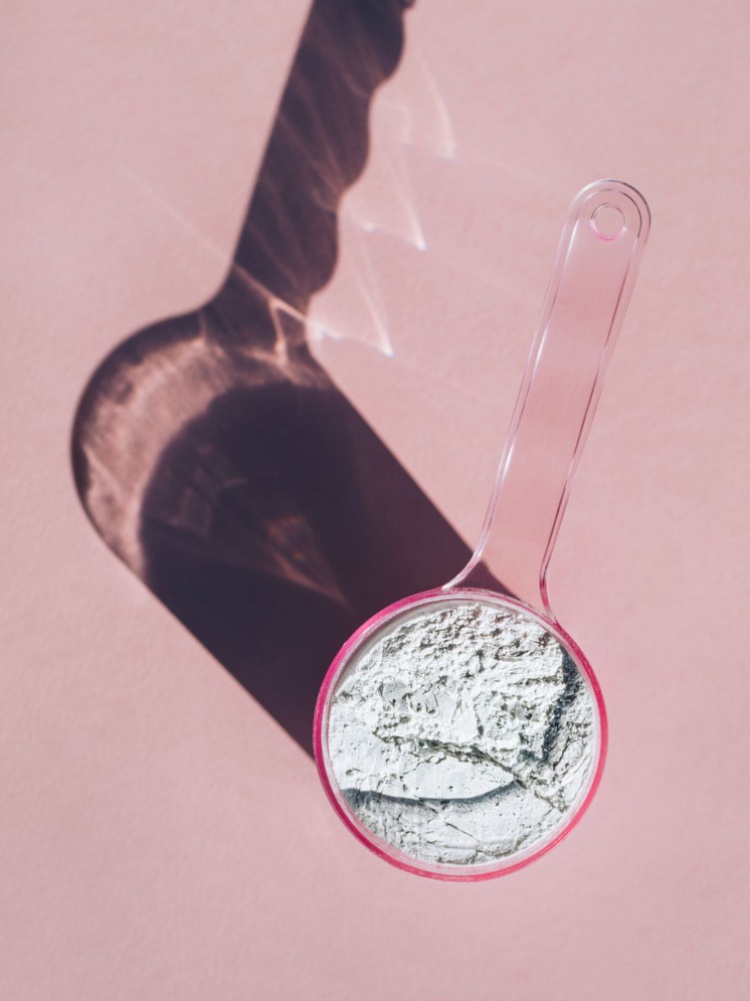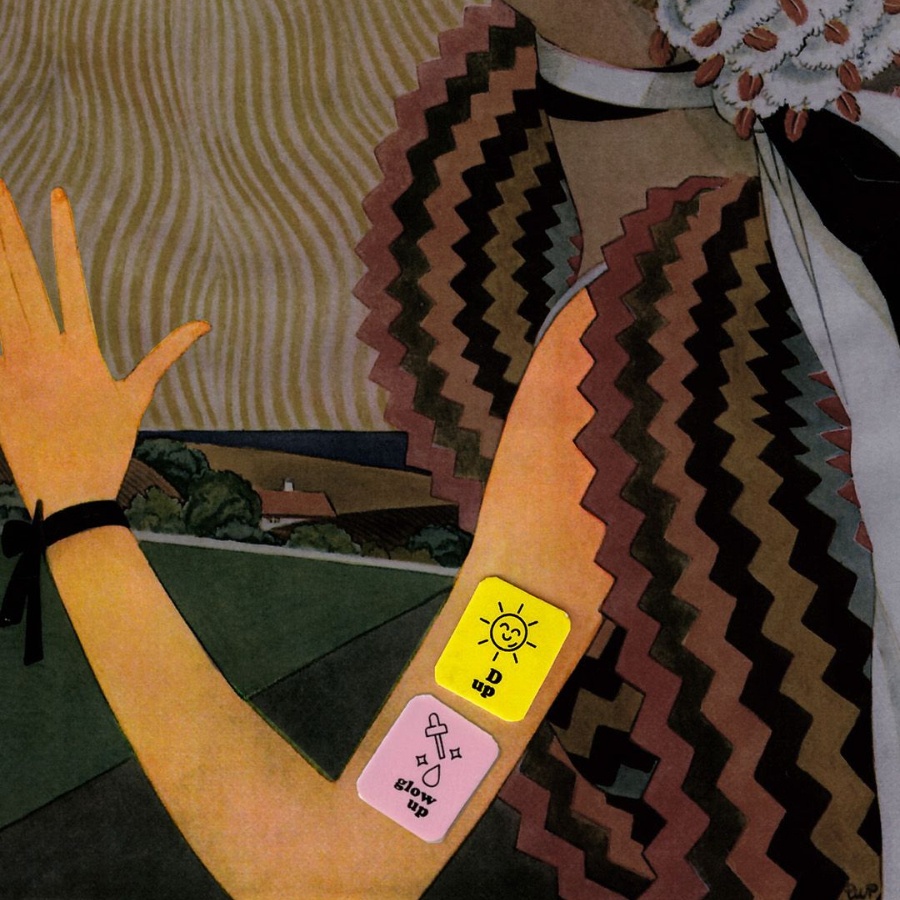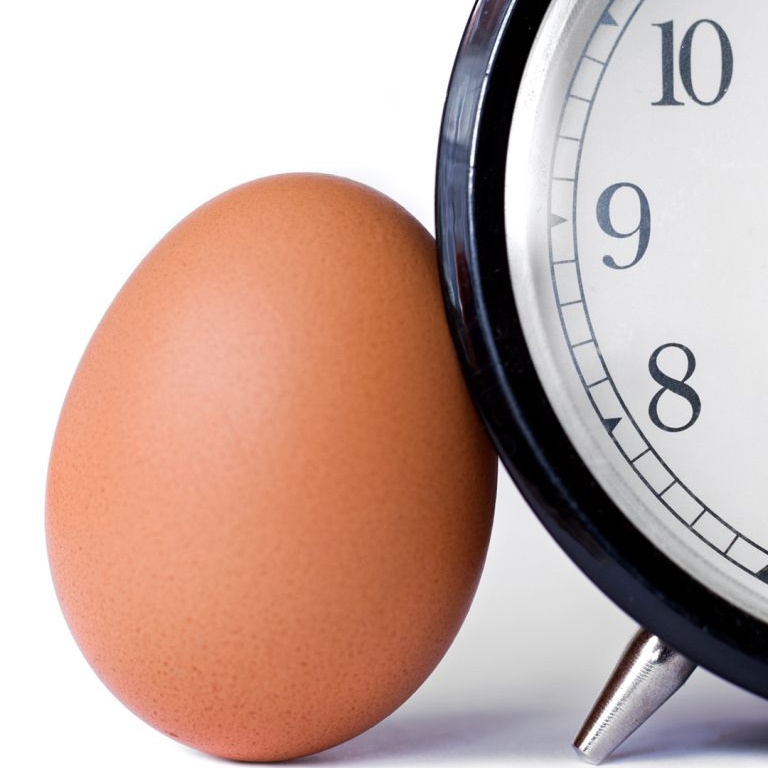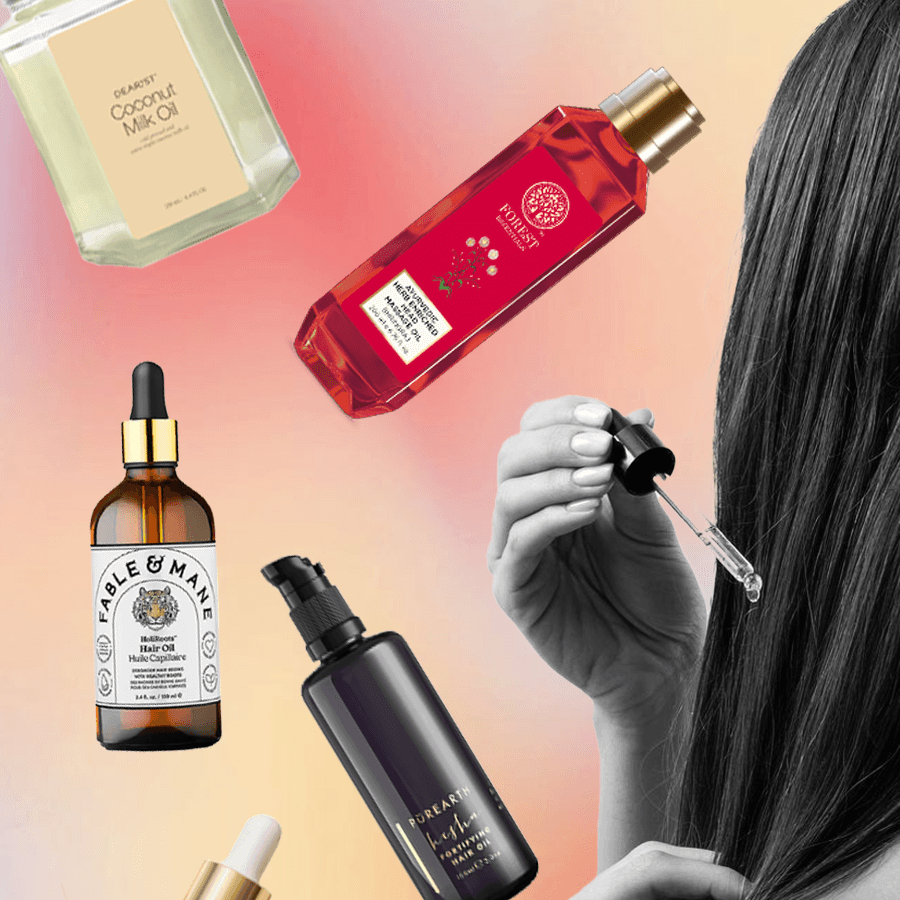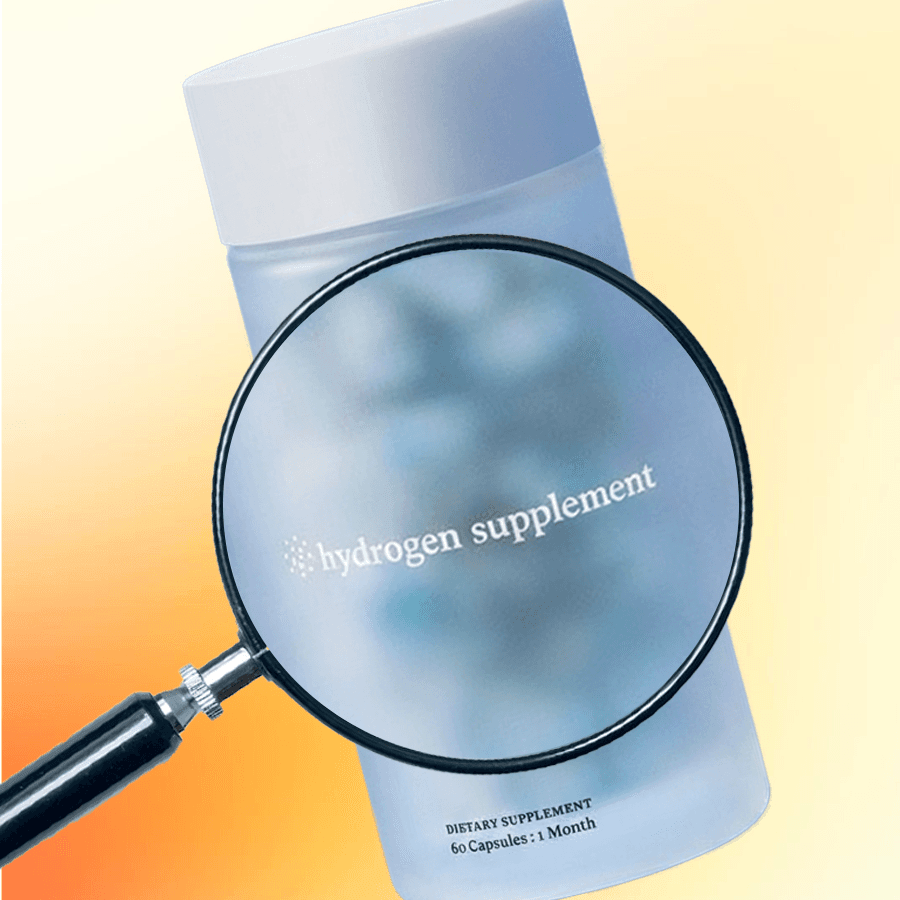Athlete and high-performance coach Bijen Kumar started microdosing creatine back in 2015, well before the compound became an internet buzzword. “I was a sprint swimmer looking to experiment with performance markers for high-intensity bursts,” the 27-year-old from Bengaluru shares. To this day, he takes 1.5g of creatine during his workout every single day. As a Hyrox and triathlon trainer, Kumar is exactly the prime candidate for the classic gym-bro supplement.
But you know creatine has broken out of its cookie-cutter protein shake community when it becomes a discussion in a mahjong circle. “A couple of months ago, all the ladies started discussing which brand’s creatine they are trying and how to hydrate enough while having it,” reveals Gurugram-based Rutha Anand, 52, adding that her son brings her shipment of Protein Works from Manchester.
Clearly, the supplement is branching out into new demographics; India has the fastest-growing creatine market in Asia-Pacific and is projected to grow at a CAGR of 32.4 per cent from 2025 to 2030. Despite its surging popularity, there’s still a lot of confusion around the compound. First things first, creatine is not a steroid. “There’s nothing unnatural in it—your body already produces creatine in small amounts, and it is found in foods like meat and fish. We just don’t get enough of it through our diet,” explains nutritionist Dr Juhi Agarwal.
She says it helps replenish ATP (the cell’s energy currency, thank you ninth-grade Biology!), which, in turn, makes muscle recovery and strength retention easier. Beyond athletes, the expert usually prescribes a dose of creatine to people focused on gaining muscle, women approaching menopause, and those over 60 who are vulnerable to muscle loss. It feels as if the supplement can fix a lot or at least make things significantly better. So, hate to state the obvious, but why have we been sleeping on the merits of creatine in mainstream culture?
In reality, the Andrew Hubermans of the world have been harping on about the supplement for years, promising its impact on cognition, bone health, and even neuroprotection. However, the internet-backed omnipresence of creatine is intriguing.
Rashi Chowdhary, the founder of Nutrition In Sync, chalks this down to the highly delayed but essential inclusion of women in the conversation. “The health world wasn’t designed with female physiology in mind. Most creatine studies were conducted on men with flat hormonal cycles and high muscle mass,” she says. In time, this market opened up. “Finally, women across lifestyles, generations, and professions are recognising that it holds the potential to help us navigate fatigue, burnout, and perimenopause.”
We can also thank the present wellness boom for doubling down as creatine’s PR. Fitness is more important than ever—everyone is either counting their steps, doing pelvic curls at Pilates or joining run clubs. No matter what form of exercise you subscribe to, bottles of vitamins and omegas have become mainstays in modern bedrooms. And this shows on social media too. Alongside their GRWM makeup routine, creators are taking you inside their medicine cabinets. Even the craft girlies are no longer just making trinket trays for their ring stacks—they’re also doing so for their health gummies.
New Delhi-based Karma Dhingra is one of them. After her daily workout, the 27-year-old sips on a concoction of six to seven grams of creatine, and a scoop of collagen powder mixed into water. “I have creatine monohydrate with HCL from Wellbeing Nutrition. It has definitely made my performance at the gym feel better but it’s done so much more. I feel more focused and I have mental clarity, which is a big win because it helps me work better,” she says. The creator’s supplement rotation also features CoQ10, ashwagandha, magnesium, selenium, vitamin B6, and lion’s mane.
Think of it as the Gen Z mantra of being high-maintenance to be low-maintenance. Young people are increasingly placing value on efficacy and optimisation, and creatine is just one of the many routes to get there. Think of the rise of focus meditation apps like Headspace, ‘study with me for accountability’ YouTube videos or the switch to DND on mobile phones.
A 2025 study revealed that 47 per cent of 16- to 24‑year‑olds have deactivated social media notifications to put a pause on the clutter. In fact, such is the demand for functionality that creatine has officially entered the breakfast market. Man Cereal, America's first creatine-infused granola, is set to launch this year to take the compound outside its medicinal powder form and into snackable treats. Who needs pancakes and maple syrup when your morning meal can become optimal, right?
Yet for a supplement that is everywhere, creatine remains shrouded in mystery. To demystify the compound, we got myth-busting experts to respond to some of the most common misconceptions.
“Creatine will give me an instant boost”
While the supplement can work wonders when used right, it is not magical. Chowdhary cautions people to be patient. “You don’t feel creatine like you feel caffeine; it doesn’t give you a high, there’s no buzz. It works quietly to build reserves and make your body more resilient over time.”
“Creatine will give me a headache”
In order for the body to process the compound, it is essential to hyper-hydrate. Agarwal suggests increasing water intake by 1.5 to 2 litres and adding magnesium as a supplement. “Acidity is another issue that may come up—people should avoid creatine on an empty stomach and add it in warm water to help with that,” she says.
“Creatine will ruin my kidneys”
This is probably the most popular fear about the supplement. Agarwal says, “Only if you have pre-existing kidney issues, long-standing diabetes or hypertension, which could have affected your kidney, you should avoid creatine or check with your doctor.” For the rest of us, the supplement is good to go.
“Creatine will make me bloated”
Chowdhary explains that creatine draws water into the muscle cells, encouraging intracellular hydration that helps recovery and performance. “The bloat most people fear is often because of loading too quickly or not hydrating enough. Start slow, stay consistent, and drink enough water,” she says. “If you still feel puffy, split the 3g dose into 1.5g in the morning and 1.5g in the evening.”
